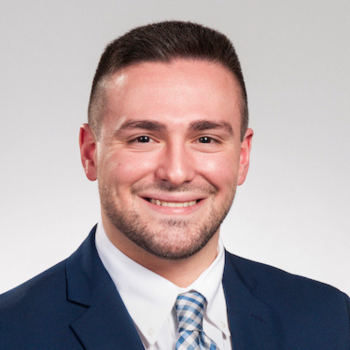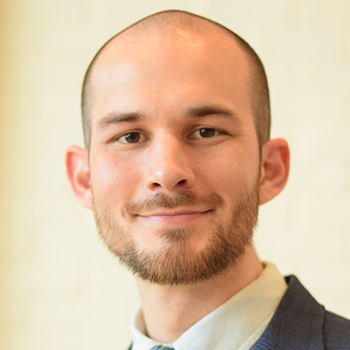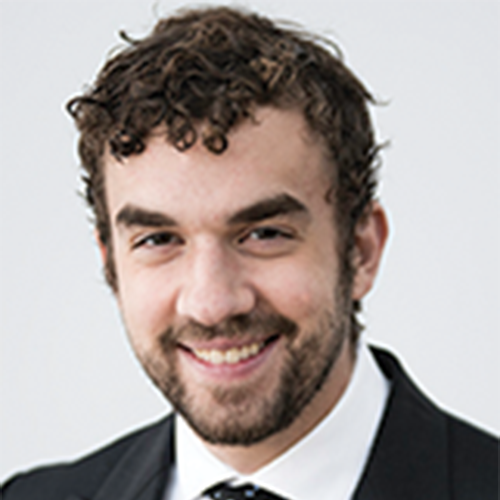
National Institute on Drug Abuse Clinical Trials Network Dissemination Initiative Mentor-Facilitated Training Award
Quick Info
Application Opens:
June 24, 2025
Application Deadline:
September 30, 2025
Notification of Award:
December 16, 2025
Mandatory Award Orientation:
January 15, 2026
Funding Period:
January 5, 2026 – December 30, 2027
ACMT is proud to continue its partnership with NIDA on this opportunity for fellows and residents
$10,000 Mentor Facilitated Training Award
Accelerating the dissemination of substance use disorder (SUD) research, particularly opioid use disorder (OUD) research findings and encouraging the implementation of evidence-based practices in health care settings, is a priority for the National Institute on Drug Abuse (NIDA) and represents the core mission of the NIDA Clinical Trials Network Dissemination Initiative (NIDA CTN DI).
The NIDA CTN DI uses collaboration between expert clinicians, clinical researchers, experienced trainers, and NIDA staff to rapidly disseminate research findings from NIDA’s vast scientific portfolio to a variety of collaborators, including policymakers, program administrators, and frontline prevention and treatment providers.
The American College of Medical Toxicology (ACMT) has partnered with NIDA CTN to administer NIDA Mentor- Facilitated Training Awards, a key component of the NIDA CTN DI that supports the development of expertise in SUD, especially OUD, among trainees from a variety of disciplines, through the completion of a mentor-supervised project.
The goals of the award are:
1. To promote the dissemination of SUD research findings, thereby improving knowledge and the utilization of evidence-based SUD treatment among health care providers,
2. To facilitate the professional growth and development of future clinician leaders in SUD management.
The budget consists of up to $10,000 for the awardee stipend and $2,000 for the mentor stipend. Funds may be used for educational and resource materials/courses related to your project and travel to the ACMT Annual Scientific Meeting & Symposia and the NIDA CTN Annual Steering Committee Meeting.
Purpose of the Award
The award will:
- Engage the awardee in a one-year mentored experience that provides an opportunity to learn about key areas of SUD and SUD treatment strategies and the effective dissemination of existing research findings. The year-long experience culminates in the completion of an educational/quality improvement/dissemination project that addresses educational or knowledge gaps that the awardee identifies.
- Foster interest in either a clinical career providing evidence-based management of SUD in medical settings or pursuing their own research interests in the field in the future.
Awardee projects will be shared at group virtual meetings as well as at the annual NIDA CTN Steering Committee meeting. The awardee is strongly encouraged to develop a manuscript of their project for submission for publication in a peer-reviewed journal after completion of the MFT year.
Eligibility
To be considered for the award, candidates must meet the following eligibility criteria:
- The applicant must be enrolled in health care professional training or a trainee in an approved clinical residency or a clinical fellowship training program.
- Eligible candidates must not have a National Institutes of Health (NIH) research fellowship, an NIH research award, or an NIH career development award.
- Previous MFT awardees are not eligible to receive another award.
- The applicant must be an ACMT member in good standing.
Mentorship
The mentor should have experience in the dissemination and implementation of science or clinical treatment and/or research experience in the field of substance use disorders. The mentor is responsible for:
- Providing a letter of support of the awardee, including plans for regular phone or video meetings over the course of the award year;
- Assisting with planning and execution of the awardee’s project;
- Assisting with developing a poster and PowerPoint presentations.
Awardees are encouraged to develop a project related to work done by their mentor. A mentor stipend will be provided, as above, and more than one mentor may be proposed.
Recommended Topic Areas & Program Requirements
Application
All applications are to be completed online through the below link. When completing the application, select American College of Medical Toxicology on the Sponsor Affiliation drop-down.
Online Applications MUST include the following information:
Evaluation
Each application will be reviewed by researchers, program managers and/or clinicians who are involved and informed in dissemination of findings from the field of SUD. Each application will be judged primarily by the likelihood of producing dedicated, qualified clinicians and champions in the field of SUD medicine as indicated by:
- Qualifications of the Applicant: The applicant’s background, experiences, and qualifications.
- Qualifications of the Mentor: The mentor’s expertise, experience, and commitment to supporting the applicant.
- Merit of the Training Plan and Project: The overall quality and viability of the proposed training plan and project.
- Budget Adequacy: The capacity to meet the objectives outlined in the application.
- Institutional Support: The commitment and willingness of the applicant’s institution to provide facilities and support to complete the project as described.
Award Recipients

Nicholas Imperato, DO
Resident, Rutgers New Jersey Medical School
Project: “From Screening to Treatment: Developing a Curriculum to Educate Emergency Medicine Physicians on Alcohol Use Disorder and Initiation of Naltrexone in the Emergency Department”


